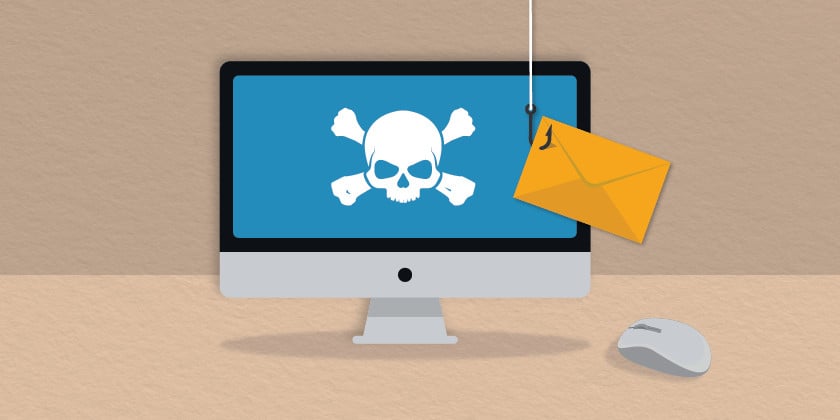
How to Protect Yourself from Cybercrime: Top Tips to Stay Safe Online
Cybercrime has evolved into one of the biggest threats of the digital age, with hackers using advanced techniques to steal personal data, commit fraud, and extort money. The speed, anonymity, and global reach of the internet have made it easier than ever for cybercriminals to launch highly targeted attacks with minimal effort.
According to the Cyber Security Breaches Survey 2024, UK businesses experienced approximately 7.78 million cyber-crimes of all types in the last 12 months. Despite the growing sophistication of phishing scams, ransomware, and data breaches, there are practical steps you can take to enhance your online security and reduce your risk of becoming a victim.
Top Tips to Beat the Hackers
1. Create Strong Passwords
A strong password is your first line of defence against hackers. Weak or reused passwords are one of the easiest ways for cybercriminals to gain access to your online accounts, steal money, and impersonate you.
Avoid using personal details like names, birthdays, or addresses. Instead, create a unique password for each account, ideally 8–15 characters long, mixing uppercase and lowercase letters, numbers, and symbols.
A great tip: think of a memorable sentence and use the first letter of each word, substituting some letters with symbols or numbers. This makes your password complex yet easy to recall.
2. Never Click on Suspicious Links
Phishing emails are a major tool for hackers. These scams trick users into clicking links or downloading attachments that can infect devices with malware or steal login details.
Watch out for red flags such as:
- Threatening or urgent language
- Generic greetings
- Spelling and grammar errors
- Mismatched or suspicious URLs
- Requests for personal information
Always verify the sender before clicking. If an email or link feels suspicious — trust your instincts and don’t click. Legitimate organisations will never ask for sensitive data via email.
3. Be Careful What You Post Online
Oversharing on social media makes it easy for hackers to gather personal details such as your job title, location, and even your routines. This data can be used to create targeted phishing attacks that are harder to spot.
Keep your profiles private, restrict access to people you don’t know, and avoid revealing sensitive details online. Also, ensure your social media passwords are strong and updated regularly.
4. Install and Update Anti-Virus Software
Installing reliable anti-virus software is essential for protecting against malware and ransomware. It acts as your digital shield, scanning for threats and blocking unauthorised access to your system.
Always keep your software and security updates current, as outdated programmes may contain vulnerabilities that hackers can exploit. Set automatic updates where possible to maintain continuous protection.
5. Avoid Using Public Wi-Fi
Free public Wi-Fi can be a hacker’s paradise. These networks are often unsecured, meaning anyone connected could intercept your data or install malicious software on your device.
If you must use public Wi-Fi, connect via a VPN (Virtual Private Network). A VPN encrypts your connection, protecting your privacy and preventing unauthorised access. Also, disable file sharing, stick to secure (HTTPS) websites, and turn off Wi-Fi when not in use.
Learn More About Cybersecurity Awareness
For more information on cybersecurity awareness and how to protect your staff from phishing and data breaches, contact us or explore our Advanced Phishing Simulation software. You may also enjoy our article on the different types of hackers, including ethical hackers, to deepen your understanding of cyber threats.
Cybercrime and Hackers FAQs: How to Stay Safe Online
What is cybercrime?
Cybercrime refers to illegal activities carried out online, including data theft, identity fraud, ransomware attacks, and phishing scams.
How can I recognise a phishing email?
Look for poor spelling, suspicious links, urgent or threatening language, and unfamiliar sender addresses. Always verify before responding.
What makes a password secure?
A secure password should be long, unique, and include a mix of letters, numbers, and symbols — avoiding personal information.
How can companies protect employees from phishing attacks?
Businesses can use advanced phishing simulation training to raise awareness, test responses, and build cyber resilience.